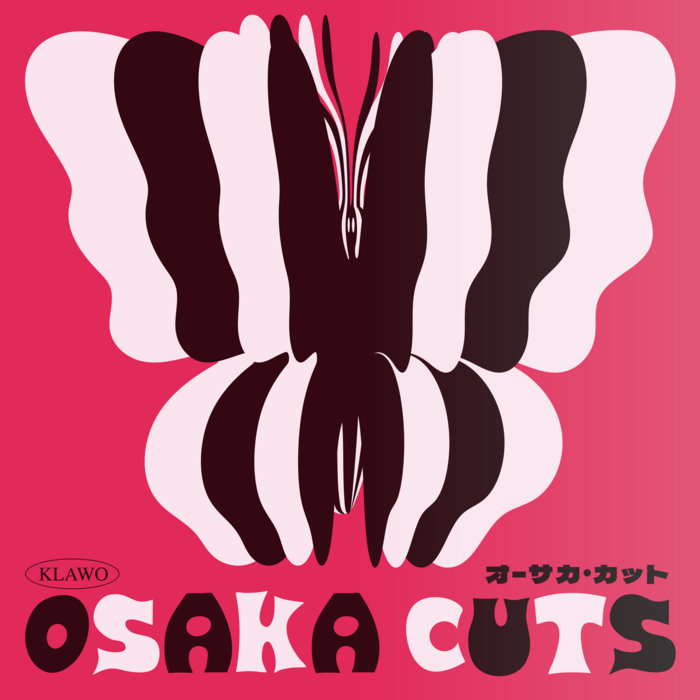
8500km (feat. peko) – Klawo
this blog is GROOVY – check out great Soul, Funk, Jazz, Hip Hop, Bass, Breaks , Reggae, House n many more TUNES
Hey there, hip-hop heads! Let’s take a funky ride through the streets of Tokyo and beyond as we explore the vibrant world of Japanese rap. You might think that Japan is all about sushi, samurai, and cherry blossoms, but over the last few decades, it has also cultivated a banging underground scene that’s got some serious rhythm!
The roots of Japanese rap trace back to the 1980s when American hip-hop first made its way across the Pacific Ocean. As kids in Japan began to discover breakdancing, DJing, and rapping through music videos and magazines like “Street Style”, they started blending these influences with their own unique twist.
Around 1983, legendary DJ Kiyoshi had a huge impact on local scenes with his mixtapes featuring everything from funk to soul grooves. But it wasn’t until 1990 that the first commercially successful rap album hit—the boys from King Giddra dropped “The Earth” featuring crazy beats and lyrics that resonated with youth culture.
As we glide into the ’90s—a golden era for many genres—Japanese rap really started hitting its stride. Groups like Rhymester came onto the scene with clever wordplay fused with catchy hooks. Their debut album “Golden Time” laid down some essential tracks that still get played at parties today!
Now here’s something funny: Rhymester’s member Mummy-D actually ran for office! He decided he could mix politics with his lyrical prowess—but spoiler alert: he didn’t win.
Another key player was Zeebra, whose hardcore style was known for tackling social issues head-on. Nicknamed “the Godfather of Japanese Rap,” Zeebra wasn’t just spitting fire; he was also pretty much everywhere—TV shows, commercials—you name it! He even collaborated on a track called “Street Dreams” where he rapped about how famous rappers were living large while many were hustling to make ends meet.
In Japan’s bustling nightlife district Shibuya, there’s an annual battle called “Shibuya Surf,” where MCs face off against each other in freestyle competitions. It gets super intense—and sometimes hilariously chaotic—with participants throwing shade while trying not to trip over their own rhymes!
Fast forward to Y2K; things got even groovier! Artists began mixing traditional sounds with western-style beats—the result? A delicious fusion you wouldn’t want to miss out on.
One hit maker was Nujabes, who combined hip-hop vibes with smooth jazz elements creating what we now call “chillhop.” His music became popular worldwide thanks especially due to its appearance in “Samurai Champloo,” an anime series showcasing stunning visuals alongside Nujabes’ silky beats.
Fun fact alert! Nujabes once claimed that if someone asked him why his songs are so emotional—it’s because they were essentially ‘crying’ before being released into this world!
Let’s not forget our queens in this realm! Female artists like Aimer and Chaka have entered the game bringing fresh perspectives mixed nicely within rap dynamics too—showing just how diverse voices can mirror cultural experiences beautifully through rhythm!
As we roll into today (2023!), Japan’s hip-hop scene exploded in popularity while keeping those classic traditions alive. We see new styles emerging daily—from trap-infused beats dancing along lines written by newer talents like Yzerr or underground sensations such as Awich taking mainstream by storm!
Rap battles have transcended borders too; international collaborations are almost mandatory now—as evidenced by crazy collabs between artists from different corners delivering unexpected bangers—that’ll set your speakers ablaze!
Here’s another quirky nugget for ya: MC HotDog famously challenged fellow rappers via video messages saying anyone who could beat him should try out his handy-dandy karaoke machine at clubs rather than doing conventional cyphers…bet you never heard someone propose karaoke battles before!!
So there you have it—a whirlwind tour through time revealing just how deep-rooted yet ever-evolving Japanese rap truly is! From graffiti-clad beginnings amid subway stations echoing rhythms transforming uniquely along pathways leading towards mainstream acceptance—it brings us together despite distances separating cultures—we’ve seen creativity flow like sake during warm gatherings celebrating talent effortlessly across generations melding both humor & wisdom throughout journeys depicted lyrically etched forever within hearts bouncing endlessly around.
Next time you’re cruising down those neon-lit streets or chilling at home vibing out—throw on some J-rap tunes—they may surprise ya more than traditional sounds ever could provide relief shaking things up right under your feet!

8500km (feat. peko) – Klawo